 In honor of Earth Day, I thought I'd repost this entry from last year...
In honor of Earth Day, I thought I'd repost this entry from last year...Today's modern home is loaded with toxic and polluting substances designed to make domestic life easier. The cost of these commercial, chemical-based products can be high -- long term health concerns for the family, and environmental pollution caused by their manufacture and disposal. In the US, for example, 1 in 3 people suffer from allergies, asthma, sinusitis or bronchitis (US National Center for Health Statistics).
Treatment for these conditions should include reducing synthetic chemicals in the home environment. For many home-cleaning chores, you can make your own cleaning products using the formulas listed below.
Homemade Substitutions
Here is a list of common, environmentally safe (and cheap) products which can be used alone or in combination for a wealth of household purposes:
- White Vinegar - cuts grease, removes mildew, odors, some stains and wax build-up. Costco sells HUGE bottles for $3.99 and it lasts for months! A common question I get asked: Doesn't the vinegar make your house smell? Truthfully, the vinegar smell doesn't last for long -- it actually deodorizes. You can add a drop or two of lavender oil if you want, but really no need. If you only buy one thing, this would be it. I can't say enough good things about it!
- Baking Soda - cleans, deodorizes, softens water, scours.It's even good to keep on hand for an upset tummy - although I recommend the aluminum-free kind (try Bob's Red Mill)
- Soap - unscented soap in liquid form, flakes, powders or bars is biodegradable and will clean just about anything. Avoid using soaps which contain petroleum distillates.Dr. Bronner
's is my favorite!
- Lemon - one of the strongest food-acids, effective against most household bacteria.
- Borax - (sodium borate) cleans, deodorizes, disinfects, softens water, cleans wallpaper, painted walls and floors.
- Washing Soda - or SAL Soda is sodium carbonate decahydrate, a mineral. Washing soda cuts grease, removes stains, softens water, cleans wall, tiles, sinks and tubs. Use care, as washing soda can irritate mucous membranes. Do not use on aluminum.
- Isopropyl Alcohol - is an excellent disinfectant. (It has been suggested to replace this with ethanol or 100 proof alcohol in solution with water. There is some indication that isopropyl alcohol buildup contributes to illness in the body. See http://drclark.ch/g )I don't recommend using this around children.
- Cornstarch - can be used to clean windows, polish furniture, shampoo carpets and rugs.
- Citrus Solvent - cleans paint brushes, oil and grease, some stains. (Citrus solvent may cause skin, lung or eye irritations for people with multiple chemical sensitivities.)
- Trisodium phosphate (TSP) - a mixture of soda ash and phosphoric acid. TSP is toxic if swallowed, but it can be used on many jobs, such as cleaning drains or removing old paint, that would normally require much more caustic and poisonous chemicals, and it does not create any fumes.
***Visit KidsOrganics for a list of Non-toxic Home care solutions!***










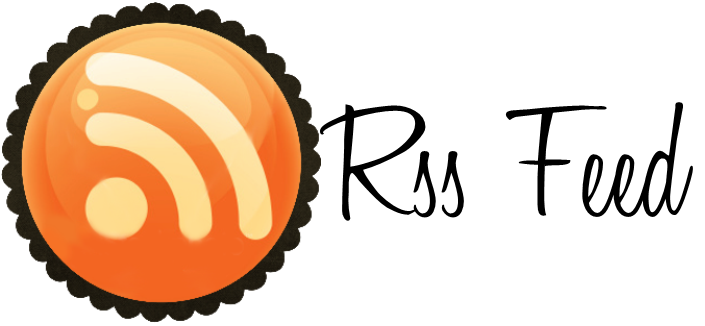
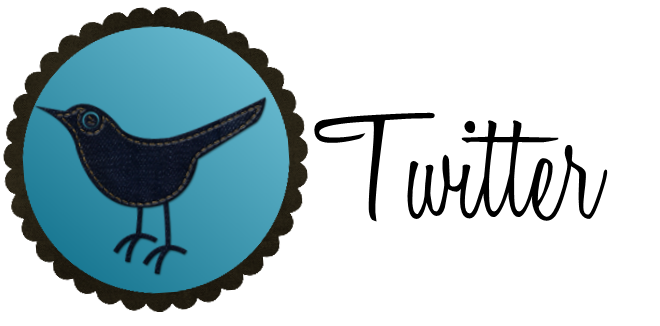
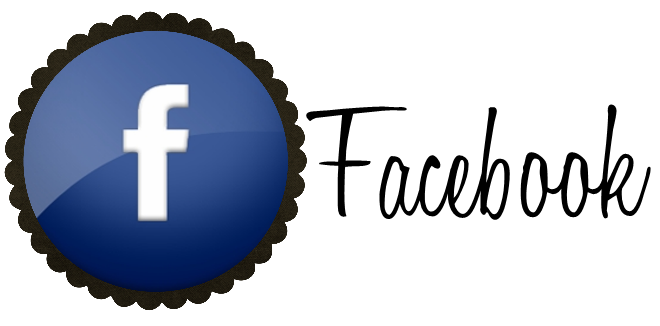
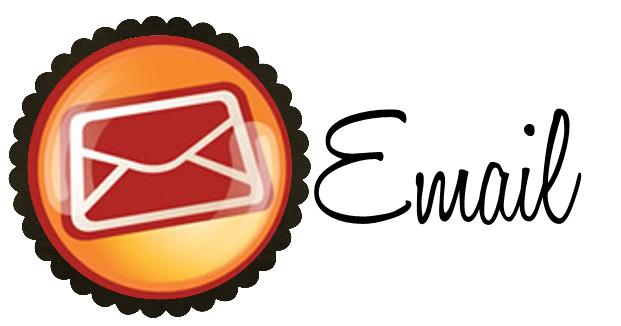


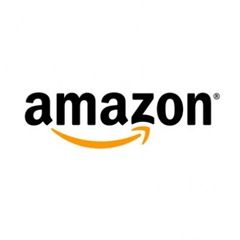
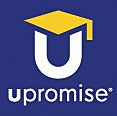



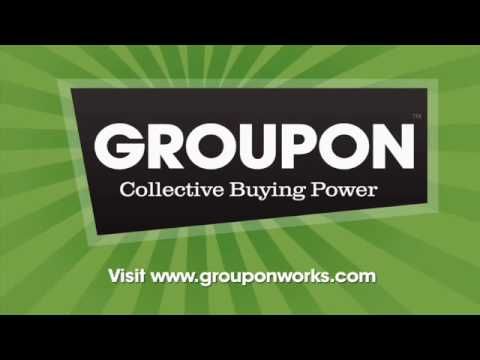


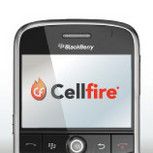






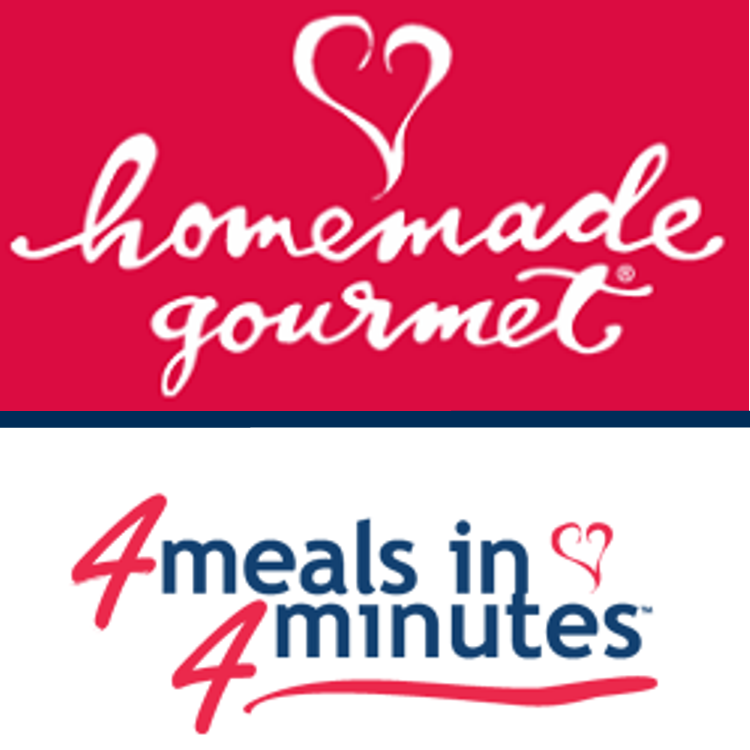
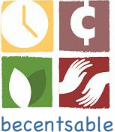




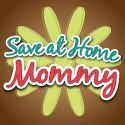
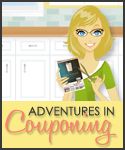



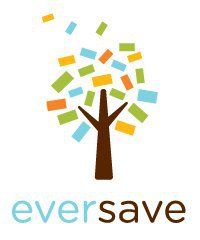



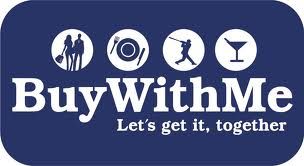
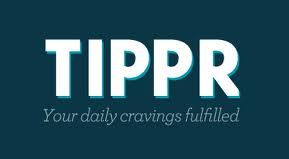


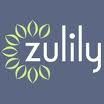




This is great info. thx for putting it together. We love using vinegar, too.
ReplyDelete